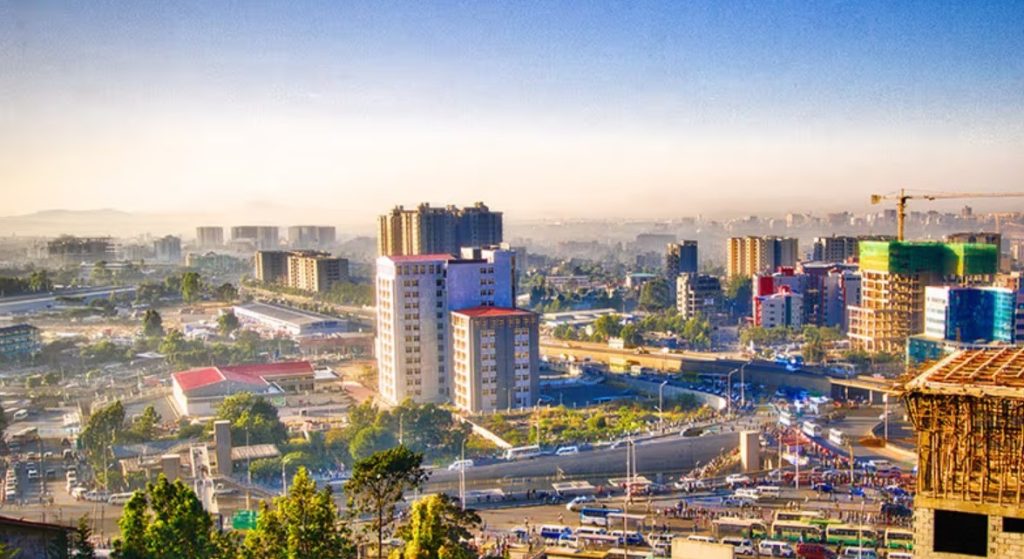Investor Protection Issues in Ethiopia

Introduction
Ethiopia is at a critical juncture in its economic development, with foreign investor interests playing a vital role in its growth story. However, significant investor protection issues threaten to undermine this progress. Understanding these challenges is crucial for potential investors and policymakers alike.
The Current Landscape of Investment in Ethiopia
In recent years, Ethiopia has attracted attention from global investors due to its strategic location and abundant resources. The government has implemented various reforms aimed at liberalizing the economy and attracting foreign capital. Despite these efforts, investor confidence remains shaky due to ongoing protection issues.
Key Investor Protection Issues
The following are some of the primary concerns that investors face in Ethiopia:
- Lack of Legal Framework: Investors often find the legal environment unclear and inconsistent. The absence of robust laws protecting foreign investments can lead to disputes and uncertainty.
- Bureaucratic Hurdles: Complex regulations and lengthy approval processes can frustrate potential investors. These bureaucratic challenges often delay project implementation and increase costs.
- Political Instability: Ongoing political tensions and conflicts can create an unpredictable investment climate. Investors are wary of sudden policy changes or government interventions that could affect their operations.
- Corruption: Corruption remains a significant barrier to investment. Reports of bribery and unethical practices can deter foreign entities from entering the market.
Real-life Examples
Several international firms have experienced difficulties in Ethiopia due to these investor protection issues. For instance, a major telecommunications company faced delays in obtaining necessary licenses due to bureaucratic inefficiencies. Similarly, a construction firm reported losses attributed to sudden regulatory changes that impacted their contracts.
Breaking Down the Complexities
Understanding these challenges requires a closer look at the factors contributing to them:
- Legal Ambiguity: The lack of clear legal definitions regarding property rights and investment guarantees creates uncertainty for investors.
- Regulatory Environment: Investors often navigate a maze of regulations that can change without notice, making it difficult to plan long-term projects.
- Cultural Barriers: Foreign investors may also encounter cultural differences that complicate business operations and negotiations.
The Importance of Addressing These Issues
Tackling investor protection issues is essential for Ethiopia’s economic future. A stable and predictable investment climate can lead to increased foreign direct investment (FDI), which is crucial for job creation and infrastructure development. Moreover, improving investor protections can enhance Ethiopia’s reputation as an investment destination.
Government Initiatives
The Ethiopian government has recognized these challenges and is taking steps to address them. Recent initiatives include:
- Legal Reforms: Efforts are underway to revise existing laws to provide clearer protections for investors.
- Bureaucratic Streamlining: The government aims to simplify processes for obtaining permits and licenses, reducing wait times for investors.
- Anti-Corruption Measures: Initiatives to combat corruption are being implemented to create a fairer business environment.
The Role of International Organizations
International organizations are also playing a role in supporting Ethiopia’s efforts to improve its investment climate. These organizations provide technical assistance, funding, and expertise to help the government implement necessary reforms.
A Call for Collaboration
The path forward requires collaboration between the Ethiopian government, international organizations, and the private sector. By working together, stakeholders can create a more favorable environment for investment that benefits all parties involved.
Ethiopia stands at a crossroads regarding its investment landscape. Addressing investor protection issues is not just about attracting foreign capital; it is about ensuring sustainable economic growth that benefits all Ethiopians. By prioritizing these concerns, Ethiopia can build a robust economy that thrives on international partnerships.


